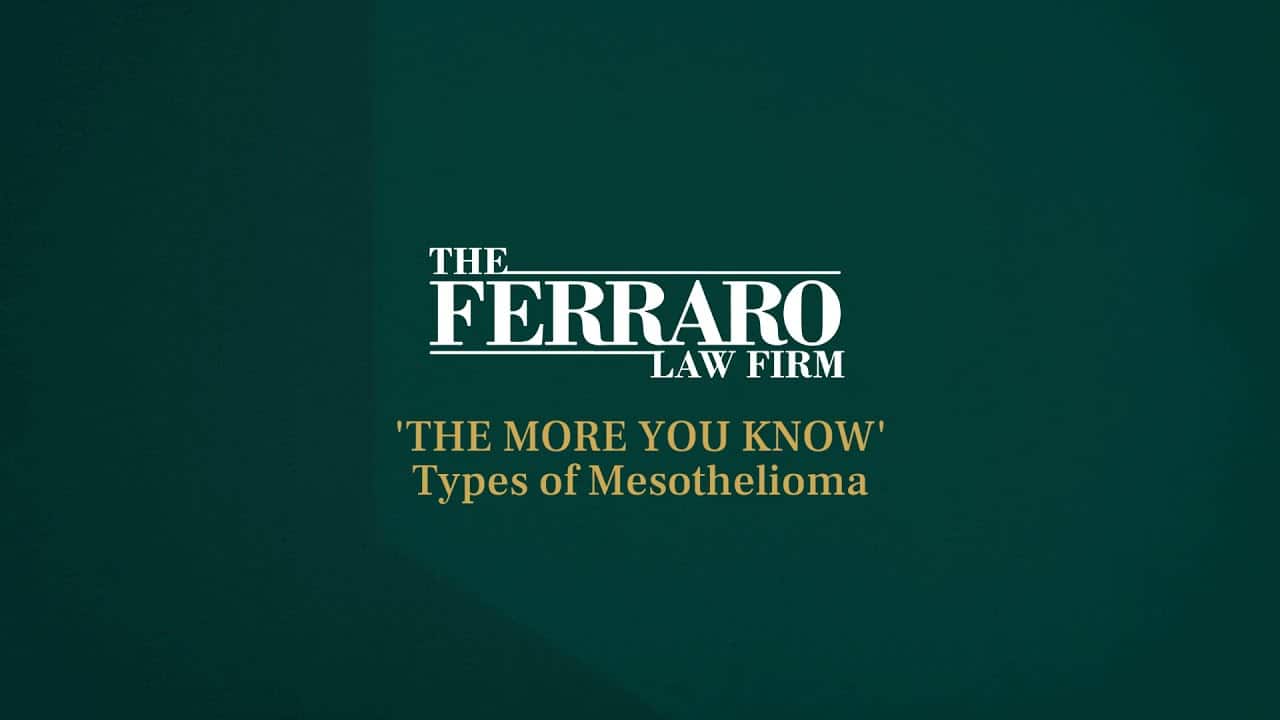If you were seriously injured, remember that it is crucial to choose the right law firm to represent your interests. We have been doing this for more than three decades, and have the resources you need to challenge any opponent.
Pfizer Can Be Sued for Asbestos Exposure, Court Rules
A lauded victory has been handed down by a federal appellate court in New York: drug maker giant Pfizer can be sued for the asbestos exposure risk posed by a subsidiary, now bankrupt.
Our mesothelioma victim’s attorneys cheer this latest development in what has been a 30-year saga in the battle for justice.
At the core of this fight are insulation products that were manufactured by Quigley Co. Inc. This insulation contained asbestos. Pfizer purchased Quigley in the late 1960s. And while Pfizer never directly made the asbestos-laden product, it did slap its name on the product and derive a profit from its sale.
As it’s been well-documented, exposure to asbestos has been linked to a myriad of serious health ailments, including lung cancer and mesothelioma, a cancer that attacks the thin lining of the organs. In both cases, the results are almost always deadly, though often not discovered until many years after the initial exposure. At particular risk are workers who handled the product day in and day out. But those who may have had this insulation installed in their homes or offices could also be at significant risk.
The case is called In re Quigley Company Inc, U.S. Court of the Appeals for the Second Circuit.
At one point, Quigley faced lawsuits filed by more than 160,000 people – some of them dating back to the 1970s. It filed for bankruptcy in 2004.
Pfizer hammered out a deal with attorneys who represented about 80 percent of those plaintiffs, resulting in a $430 million payout. The bankruptcy was part of that settlement.
Then, a bankruptcy court issued an injunction staying the rest of the lawsuits. Quigley and Pfizer had argued that the bankruptcy protected Quigley from any future lawsuits.
But then, the attorney for the plaintiffs argued a theory of liability known as “apparent manufacturer.” What this basically means is that although Pfizer didn’t actually make the product, its logo and name were still on the packaging – which means it can be held liable for that product. A federal judge agreed and overturned the injunction.
The district court cited the Restatement of Torts § 400, which states that anyone who puts their name and logo on a certain product is subject to the same liability as the company that actually made the product.
Now, the appeals court has upheld that decision.
What this means is that future victims will have the opportunity to seek justice.
Pfizer, in a written statement, underscored that this was a procedural issue, not one that indicated the claimants were right or wrong – and unsurprisingly, Pfizer denies any liability. But the truth is that holding these companies accountable for the permanent damage they inflicted on countless families is important, not only to ensuring that those harmed individuals and their families are cared for, but that the company will use greater care in the future.
Table of Contents
Frequently Asked Questions: Mesothelioma & Asbestos
What is asbestos?
Why is asbestos dangerous?
What are asbestos-related diseases?
What causes mesothelioma?
What are the different types of mesothelioma?
What are common mesothelioma symptoms?
Do I qualify for compensation if I have mesothelioma?
What is the life expectancy for someone with mesothelioma?
Do I qualify for compensation if I have mesothelioma?
The Ferraro Law Firm provides comprehensive legal services, including business litigation on a contingency-fee basis. Call (888) 554-2030 for a free and confidential consultation.
Additional Resources:
Court rules Pfizer can face some asbestos suits, By Ben Berkowitz, Reuters






